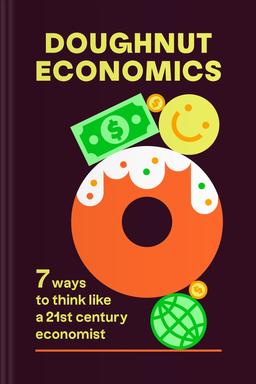What is The Future is Asian about?
This insightful exploration delves into the rise of Asia in the global landscape, examining the economic, political, and cultural shifts that define the region's unprecedented influence. It argues that the future will be shaped by Asia's interconnectedness, innovation, and leadership, providing a roadmap for understanding emerging trends. Through a comprehensive analysis, it invites readers to reconsider geopolitics and the importance of Asian dynamics in our globalized world.
Who should read The Future is Asian
- Business leaders seeking insights into Asian markets.
- Students of geopolitics interested in global power shifts.
- Travel enthusiasts exploring Asia's emerging influence.
What is Unfreedom of the Press about?
This provocative exploration reveals the current state of journalism, arguing that the media has shifted from a watchdog role to one biased against the truth. The author critiques the influence of ideology on news reporting, exposing how this trend undermines democracy and public trust. Through historical context and compelling examples, it urges readers to recognize the dangers of media manipulation and to demand accountability from journalism.
Who should read Unfreedom of the Press
- Journalism students seeking truth in reporting.
- Political activists fighting for free speech rights.
- Readers interested in media bias and accountability.
What is The Joy of Hate about?
This provocative book explores the culture of outrage and the pervasive negativity of modern discourse. The author presents a humorous yet incisive critique of the whiners and perpetual victims in society, advocating for resilience and a positive outlook. Through witty anecdotes and sharp insights, it encourages readers to reclaim joy and laughter amidst the noise of complaint, empowering them to triumph over cynicism in everyday life.
Who should read The Joy of Hate
- Individuals tired of political correctness and whiners.
- Readers seeking humor in today's outrage culture.
- Satire lovers wanting to understand modern social issues.
What is Unmasked about?
This investigative work delves into the activities and ideology of Antifa, a controversial movement known for its militant opposition to fascism and far-right politics. The author presents a detailed account, revealing tactics, motivations, and the impact of Antifa on societal norms and democratic structures. Through firsthand reporting and interviews, the book aims to expose the perceived threats posed by this group to the fabric of democracy.
Who should read Unmasked
- Political enthusiasts interested in extremist movements.
- Readers researching modern activism and its impact.
- Individuals concerned about national security and democracy.
What is Doughnut Economics about?
This book challenges conventional economic theories by proposing a new model centered around sustainability and social equity. It presents seven principles to rethink economic success, emphasizing ecological balance and human well-being. Through engaging visuals and practical examples, it advocates for a system that prioritizes a 'doughnut' shape of economy—balancing essential human needs with the planet's ecological limits, urging a transformative shift in how we approach economics.
Who should read Doughnut Economics
- Economics students seeking modern perspectives.
- Environmental activists focused on sustainability.
- Business leaders wanting innovative economic strategies.




